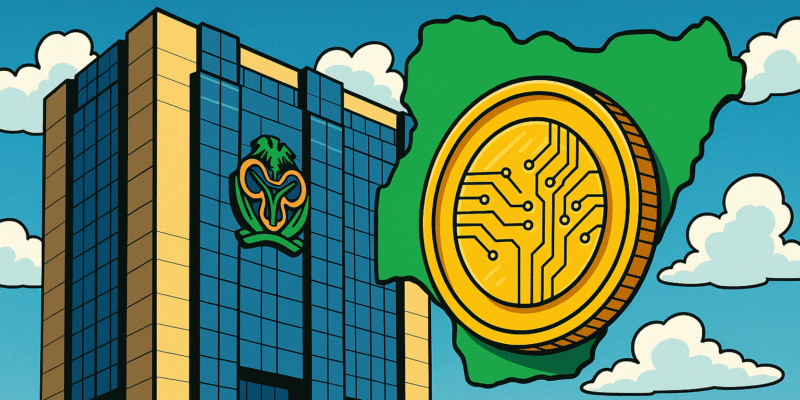Nigeria stablecoin regulation is fast becoming a key focus for the Central Bank of Nigeria (CBN), as the country balances innovation with control in its evolving digital finance landscape. Following years of mixed signals toward cryptocurrency, the CBN is now laying the groundwork for what could become one of Africa’s most comprehensive digital asset frameworks.
The conversation around Nigeria stablecoin regulation gained traction earlier this year when the CBN announced plans to introduce clear rules for asset-backed digital currencies. This move followed lessons learned from the rollout of the eNaira and growing pressure to align with global standards in digital finance.
Unlike cryptocurrencies, stablecoins are designed to maintain value by being pegged to fiat currencies such as the naira or the U.S. dollar. For Nigeria, this presents both an opportunity and a challenge. The opportunity lies in financial inclusion, as stablecoins could simplify remittances, international payments, and trade across Africa. The challenge is ensuring transparency, preventing misuse, and maintaining oversight within an already complex monetary system.
Insiders at the CBN suggest that the goal is not to compete with private digital currencies but to integrate them safely into the economy. Early drafts of proposed guidelines are said to focus on reserve management, consumer protection, and interoperability between stablecoins and the banking system. If successful, this framework could provide a model for other African countries exploring similar regulatory paths.
Private-sector players are also watching closely. Fintech firms and blockchain startups believe that clear regulations could unlock new opportunities for cross-border payments and reduce reliance on volatile informal channels. With Nigeria’s young and tech-savvy population already leading crypto adoption on the continent, the timing could not be better.
Still, the path forward remains uncertain. The CBN will need to strike a delicate balance between innovation and control, ensuring that Nigeria stablecoin regulation supports growth without opening doors to instability or capital flight.
As global institutions and African regulators converge on digital asset standards, Nigeria’s stance will likely set a tone for the region. Whether it becomes a model of smart regulation or a cautionary tale will depend on how quickly and clearly the country can move from policy drafting to practical implementation.

Comments